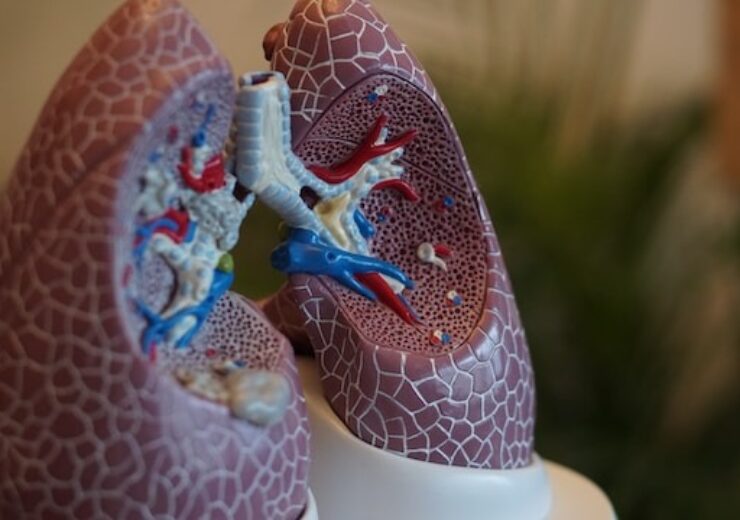The new Inspira ART100 is an extracorporeal blood circulation device for patients undergoing cardiopulmonary bypass (CPB) procedures, and Inspira ART500 provides acute respiratory support for patients requiring mechanical ventilation

Inspira ART line of respiratory care devices. (Credit: Robina Weermeijer on Unsplash)
Israel-based acute respiratory care devices company Inspira Technologies has unveiled its Inspira ART family of products, including Inspira ART100 and Inspira ART500 systems.
The Inspira ART100 is an extracorporeal blood circulation device designed to provide cardiac and pulmonary support for patients undergoing cardiopulmonary bypass (CPB) procedures.
It is integrated with the company’s non-invasive HYLA blood sensor technology, which provides rapid, real-time, and continuous vital blood monitoring.
The device enables continuous blood measurements in real-time, without the need to collect blood samples from patients and help physicians monitor the patient’s clinical condition.
Inspira ART100 is built with aerospace-grade aluminium and features a large touchscreen, colourful graphical representation, and a long-life battery.
It is expected to receive US Food and Drug Administration (FDA) approval in H1 2024.
Inspira is currently preparing to commercialise Inspira ART100 in the US and has recently teamed up with US-based medical device company Perfusion Solution.
The Inspira ART500 is designed to provide acute respiratory support, providing a new procedure for patients who may require legacy mechanical ventilation.
It is intended to be administered when patients are awake and breathing spontaneously.
According to the company, the Inspira ART500 serves as an artificial lung, where the patient’s blood is enriched with oxygen and CO2 is removed.
It treats a small volume of blood and aims to rebalance saturation levels in minutes, reducing the burden on the lungs while providing required respiratory support.
The device represents a significant breakthrough in healthcare, offering treatment for the 20 million patients with severe breathing problems each year, said the medical device company.
